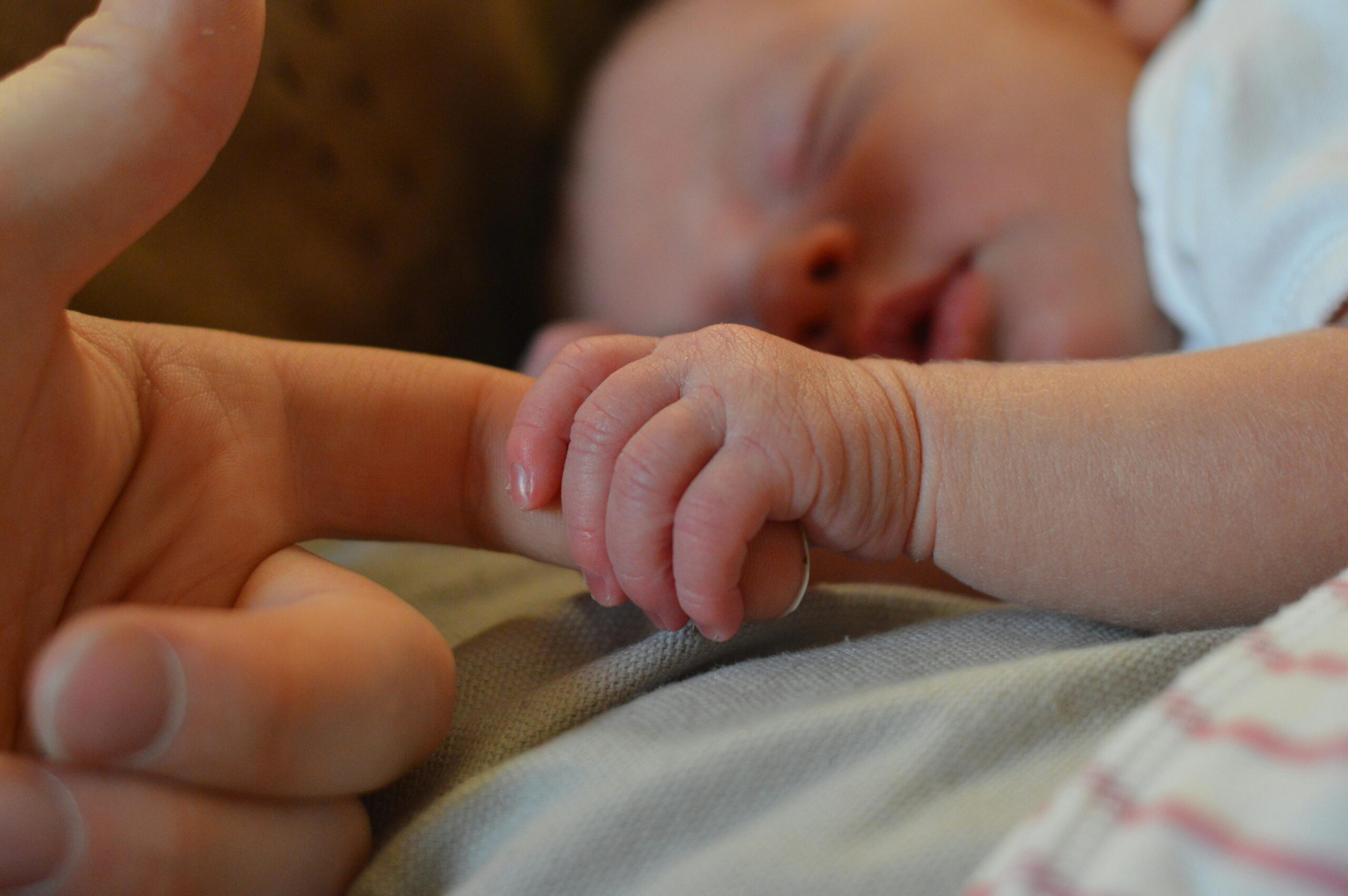NGA Law is delighted to have represented the same-sex parents in Re Y-Z (Declaration of Parentage) 2024, a new reported decision from Mrs Justice Theis on legal parenthood for female same-sex parents.
This is the latest in a long line of cases in which administrative errors at fertility clinics have jeopardised the legal parenthood of a non-biological parent. To explain the issue, UK law allows unmarried couples who conceive together using donor sperm at a UK fertility clinic to both be recognised as legal parents. However, the law is strict about when the paperwork has to be completed – if the fertility clinic does not provide the intended parents with the right forms, or does not make sure those forms are completed correctly, before the child is conceived, it can mean that the non-biological parent is not a legal parent of their child. When problems are identified retrospectively, the only solution is a court order, which can correct errors in the paperwork and declare that someone is their child’s legal parent.
In this particular case, the parents had completed the required legal parenthood forms on the basis that one of them would carry the pregnancy and the other would be the second legal parent. Their initial treatment was unsuccessful and so they decided to swap roles so the other of them carried the pregnancy. However, new paperwork was not completed following the change in treatment plan which means that the paperwork did not nominate the right partner to be the non-birth legal parent. In effect the forms were signed the wrong way round. Nevertheless, the judge was able to correct that error and declare that they were both the legal parents of their child.
Alejandra has written a piece summarising the facts and legal decision below if you would like to read more:
Re Y-Z (Declaration of Parentage), Re [2024] EWHC 649 (Fam)
Reported 21 March 2024
In this case, Mrs Justice Theis DBE considered an application for a declaration of parentage following paperwork errors at a licensed UK fertility clinic.
Y and Z were same-sex partners who always intended to be joint legal parents, and their child V was conceived through donor conception at the clinic. After V’s birth, concerns were raised by the clinic after an audit revealed the relevant forms to establish legal parenthood had not been properly completed, leading to uncertainty about Y’s parental legal status as V’s second legal parent.
The particular problem in this case was that Y and Z originally planned for Z to carry the pregnancy, but after several unsuccessful embryo transfers a decision was made for Y to carry the pregnancy instead. Although the fertility clinic had provided Y and Z with the necessary paperwork to nominate Y as a legal parent of any child Z carried prior to the initial treatment, the paperwork was not updated following the change in treatment plan. It meant that although there were the HFEA WP and PP forms nominating Z as the second parent if Y carried the child (according to the original plan), there were no legal forms nominating Y as the second legal parent if Z carried the child.
The issue for determination was whether the court could make a declaration that Y was the second legal parent of V on the basis of the WP and PP forms which were signed (effectively the wrong way round, having been signed in connection with the prior course of treatment) when looked at together with the other signed consent forms and the parents’ evidence of their shared intention to be legal parents. Did this meet the requirements of s43-44 of Human Fertilisation and Embryology Act (HFEA) 2008, which require a series of written signed notices to be given to the fertility clinic by the birth mother and intended second parent prior to embryo transfer in order to create legal parenthood for the non-biological parent [para 9]?
Theis J considered the forms Y and Z had signed which explicitly referenced legal parenthood [para 10] as well as the wider evidence that the applicants were having treatment together and consistently presented as partners creating a family together [para 11].
Theis J cited previous cases where alternative consent documents were accepted, particularly the recent case of A, B and Bourn Hall Clinic [2021] EWHC 1750 (Fam) where the court established that documentation that did not explicitly refer to legal parenthood could satisfy the notice requirements in sections 43-34 HFEA 2008 [paras 14-17].
Based on the evidence presented, Theis J concluded that the forms signed by Y and Z were valid for establishing Y’s legal parenthood. The court could accept documents from earlier treatment and could correct errors in them [para 18-22]. Mrs Justice Theis DBE granted the declaration of parentage, resolving any doubt and confirming that Y was V’s second legal parent.
The case follows a long line of others involving administrative errors made by fertility clinics with legal parenthood paperwork. While it does not establish any radically new legal principles, the judge took the opportunity to emphasise again how Y and Z’s distress shows why fertility clinics need reliable systems to prevent this kind of error from occurring [para 4].
You can also read the full judgment at BAILII.
By Alejandra Rodrigues Ramones

The UK’s leading fertility lawyers
Find out more about how we support those creating families



